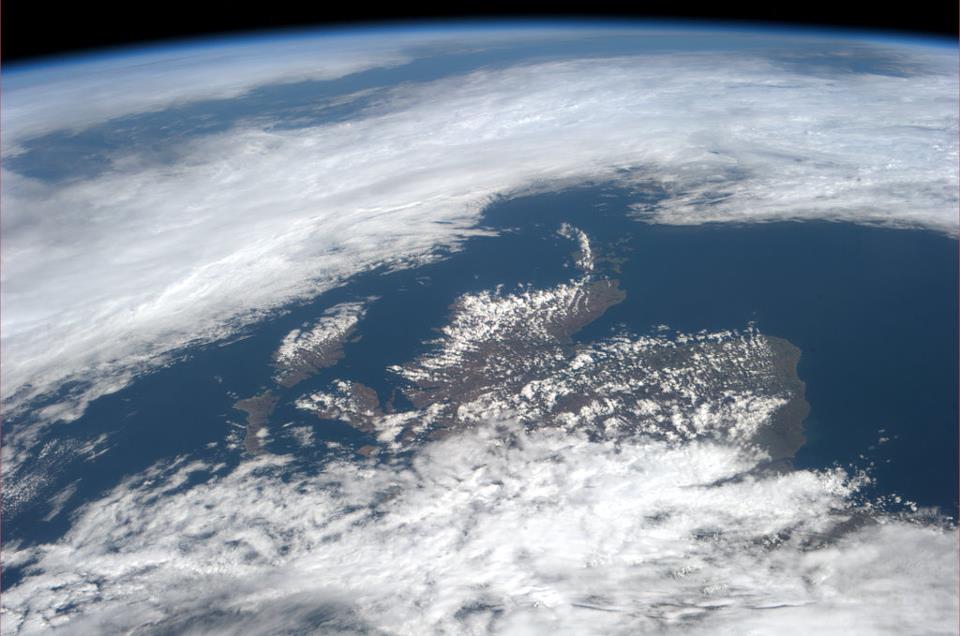News from Nowhere
The confusion is coming thick and fast now. It’s becoming a torrent.
Ian Smart’s article for the Scotsman was a watershed. It’s an extraordinary piece (‘Ian Smart: Harsh realities we’ll have to agree on, whatever the result‘), surely a contemporary classic of No-ism.
In a fit of geographic determinism he has announced to the world that the problem with Scotland is simply that we’re in the WRONG BLOODY PLACE, and therefore, uniquely, doomed. Next year when we vote NO our young people and sharp-thinkers will flee this aging, ill and peripheral non-place. It’s an uplifting vision. And this is what he thinks will happen if he wins!
It gets worse. We are not just peripheral to the United Kingdom, but to Europe, and in fact the world. We will remain forever, in the shadow of our much larger neighbour.
Ian though has some at least some good cheer from the now certain defeat of the Yes vote. Channeling Catherine Bennett et als, he writes: “That the “England is the source of all our ills” brigade within the nationalist ranks are finally put in their place will give me no small pleasure.”
Whilst I’m glad that Ian has something to cheer him up – he does make you wonder. How did we manage from such a peripheral place to contribute to the Enlightenment, for example? How did Hume contribute anything from this Edgeworld? How did Robert Burns come to influence Maya Angelou or John Maclean socialism? How has Andy Murray sprung forth from such a barren outpost? How did Frances Wright even get to America?
What is the centre of the world anyway and who decides? Is it London? New York? Brussels? Is it done by latitude or longitude?
Ian, here’s a lesson in psycho-geography in five sentences. News from Nowhere: Everywhere is peripheral; Everywhere is foreign; Welcome to the world; There is no centre, just place.
Someone once suggested that Scotland is not the Athens of the North, it’s the “Reykjavík of the South”.*
We’ve seen through Scottish history when the Lord of the Isles ruled a land with a very different concept of geography and kingdom and routes of trade and culture, to today where Dundee has a massive influence in gaming culture, or a few years ago when Aberdeen ruled Europe? How was any of this possible?
Did we just imagine Clyde shipbuilding?
Whatever the truth of the matter Ian’s writing reveals a curious combination of utter triumphalism with a really tragic moment of delusional self-hatred.
The world’s connected up these days Ian, and you can be too.
* In Tom Stoppard‘s play Jumpers (Grove Press, 1972), the character Archie, perhaps playing on Reykjavík meaning “smoky bay”, suggests that the “Reykjavík of the South” would be more appropriate for Edinburgh.


I always enjoy Ian’s pieces. It is quite amusing to watch someone who seems to have a consistent ability to back the wrong horse in any race, predicting anything at all.
Like the “provincial” condition, peripheral is a state of mind. The remarkable thing about our country has been that although on the geographical edge of a continent we have been more international in outlook, than our neighbour, and have intellectually influenced the so-called centre out of all proportion to our size. We are not a modest people, in any sense of the word. Hiding our light is hardly our default mode. We took the wrong political route centuries ago, up-dating and revising the road-map is what the independence movement is about. Maybe we ought not to be surprised if the old map is discarded all together.